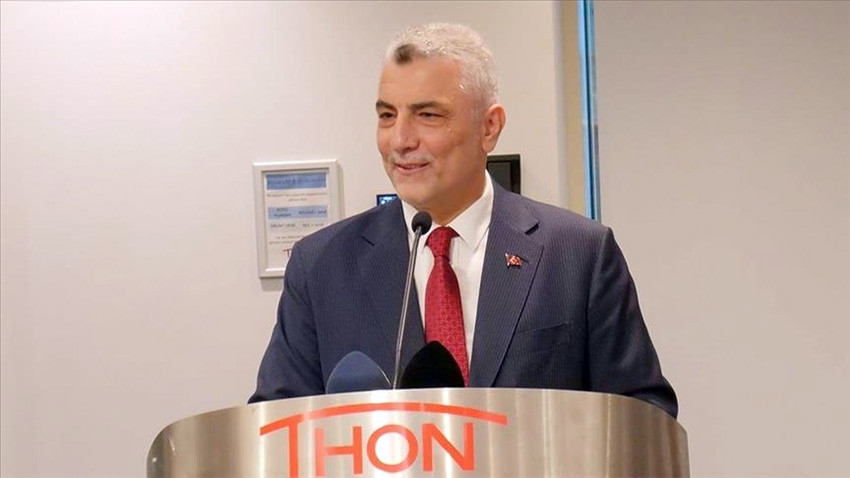
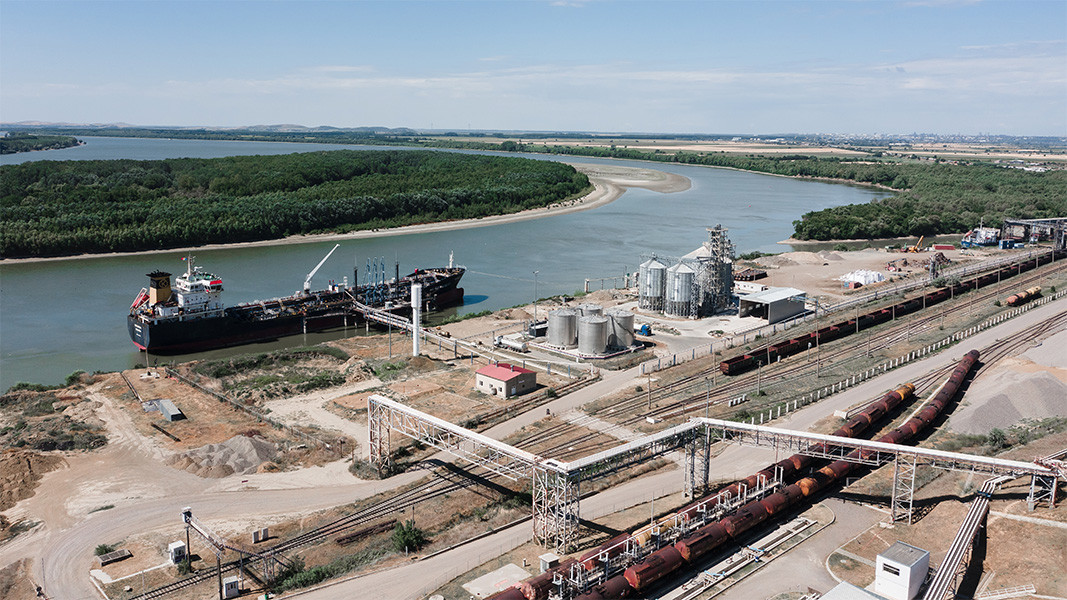
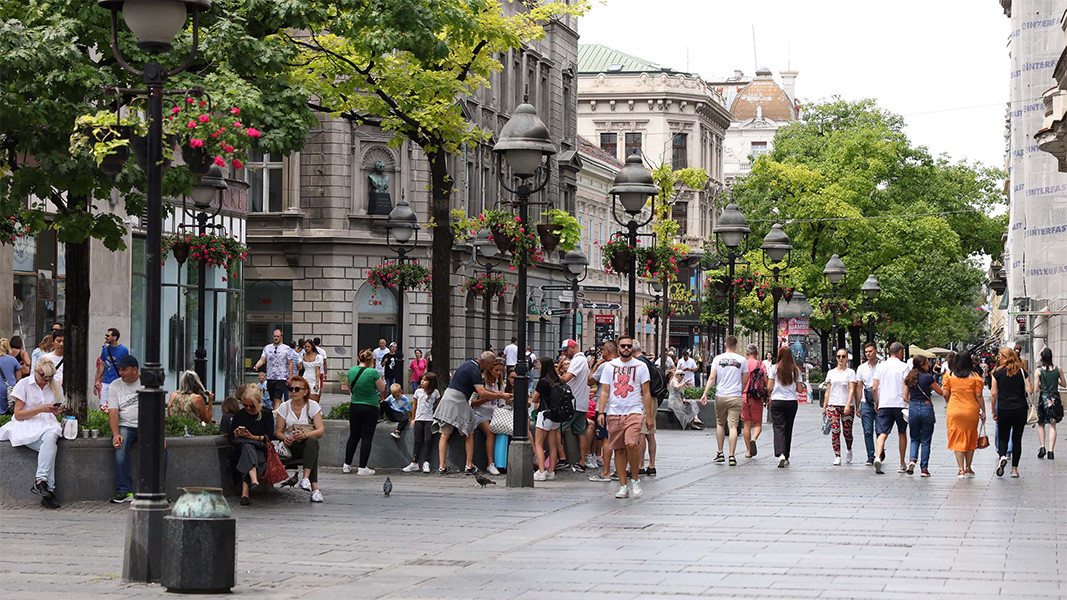
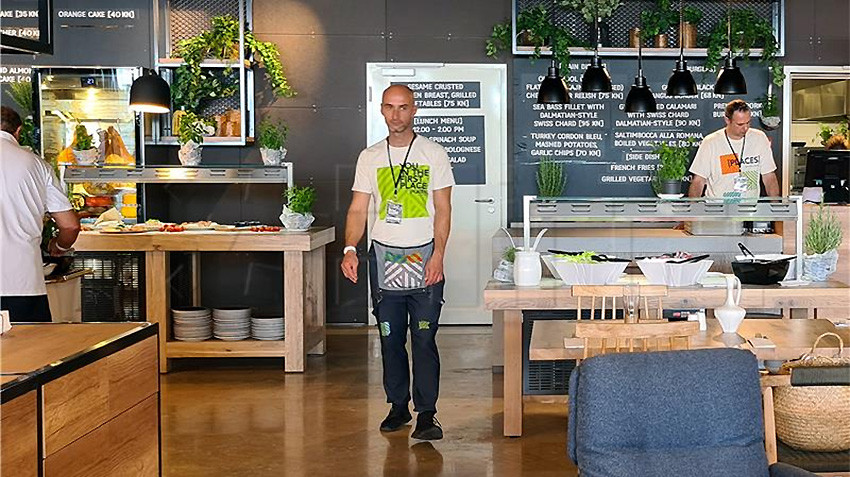
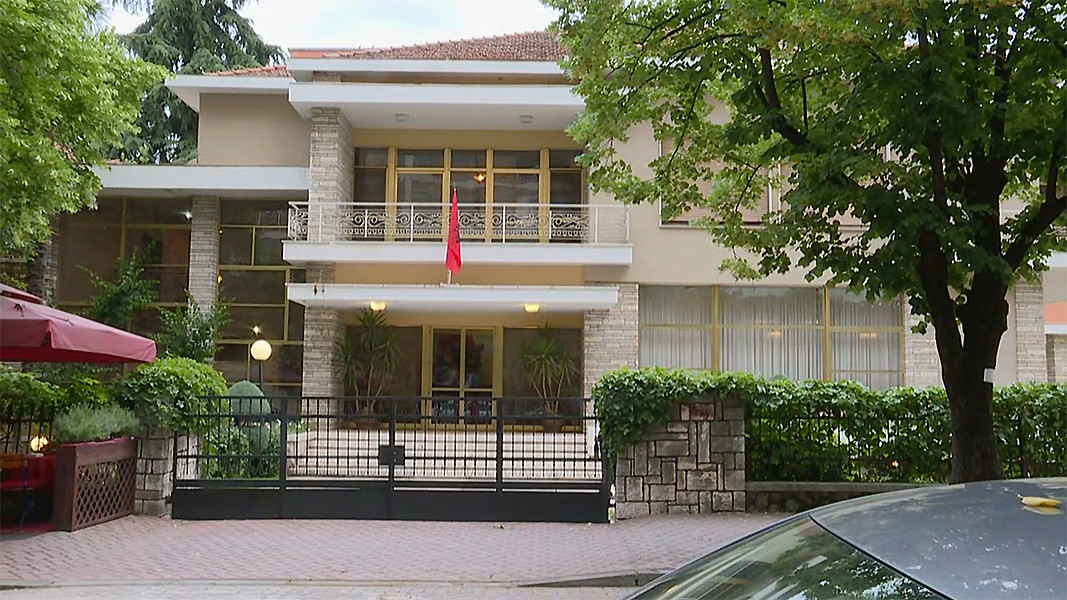
Compiled by Ivo Ivanov
Photos: aa.com.tr, gifp.md, n1info.rs, hina.hr, ndertimi.info
The town of Breznik, birthplace of the king of irony, Stoyan Milenkov , troubadour and satirist, is located in western Bulgaria and is the third largest town in the Pernik municipality. There were 3,762 people living there in March 2024, according to..
Children in Sofia have the opportunity to experience the thrill of driving a train in the Sofia-Metropolitan's train simulator at the Zemlyane depot. On World Children's Day, kids will also be able to visit the hall with the train carriages to get..
5,257 is the number of towns and villages in Bulgaria, National Statistical Institute data from 2021 show. Almost 5,000 of them are small settlements, but statistical data show that one village in the country “dies” every year after its last..
An exhibition of children's drawings will mark the beginning of the International Wind Band Festival "Diko Ilev 2024" in Montana . Seventy children from..
5,257 is the number of towns and villages in Bulgaria, National Statistical Institute data from 2021 show. Almost 5,000 of them are small settlements,..
The national campaign "Forest Classroom" will be launched today in the village of Zheleznitsa, Sofia region, by Deputy Minister of Agriculture and Food..

+359 2 9336 661
